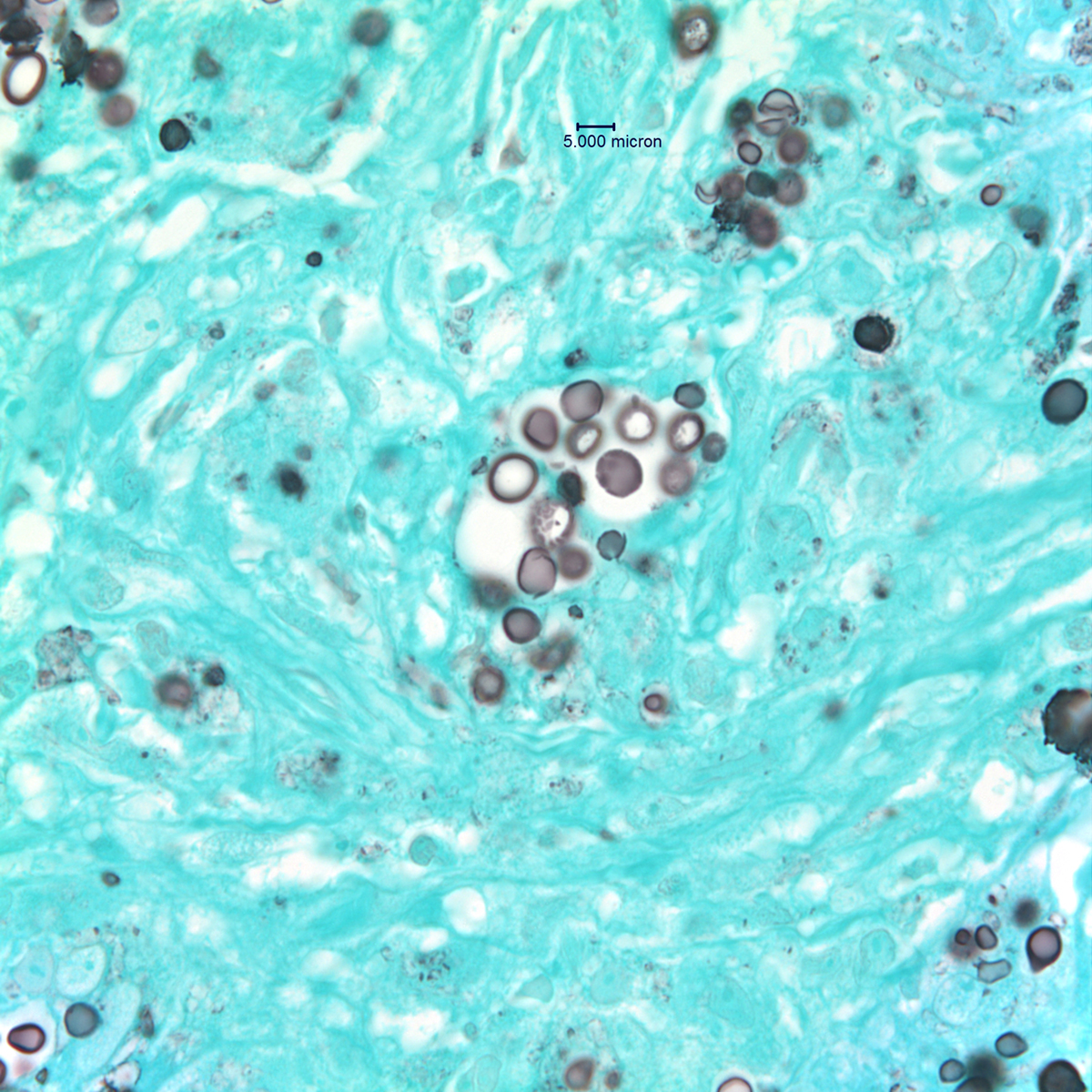
Introduction to lung infections
The treatment for a lung infection will depend on the severity of the problem.
When a lung is infected, it usually becomes inflamed. Pneumonia is one of the most common things associated with lung infections and is usually used as a synonym for the condition.
When a person has pneumonia they develop fluid and puss inside lungs and the breathing can often be obstructed because of this.
Symptoms
There are several signs and indicators that will often point to a lung infection. People who have an infection of the lungs will usually also be experiencing greenish or yellow phlegm, high fever and chills, shortness of breath, pain in the chest, sometimes they may be coughing up blood in more serious cases, have sweaty palms and clammy skin, be very tired, have no appetite, and can even lose weight from not eating. Treatment for lung infections
Most of the time, people are given antibiotic treatments for lung infections.
A person might have to be hospitalized in cases that are more serious, but, more likely than not, antibiotics will be able to take care of the infection.
Of course, the treatment will depend on what is causing the infection.
When the lung infection is caused by a bacteria then it is treated with antibiotics. The antibiotic that will be prescribed by the doctor will depend on the symptoms and on the patients age, overall health and infection, so that is why it is best to see a doctor and refrain from self-medication.
When a person has pneumonia, the antibiotic treatment usually lasts in between seven and ten days.
When the condition is more serious, usually in people who already have weak immune systems, the infection can be crippling and may require that the person be brought into the hospital, hooked up to breathing machines and given antibiotics through an IV. This is usually the case in elderly people or people suffering from serious conditions that include a deterioration of the immune system, such as AIDS.
After antibiotic treatments, the patient will recover after a period of about two to four weeks, depending on the severity of the infection.
It will take some time for the bacteria that was causing the infection to be completely cleared out of the body.
A good way to prevent further infections is to make sure that a person is consuming a good amount of vitamin C and living a healthy life in general with a complete and nutritious diet and eating plan.



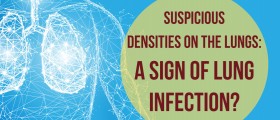



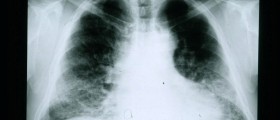






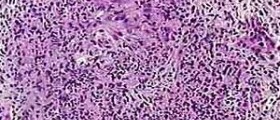

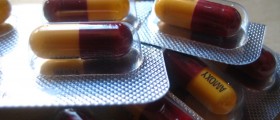
Your thoughts on this
Loading...